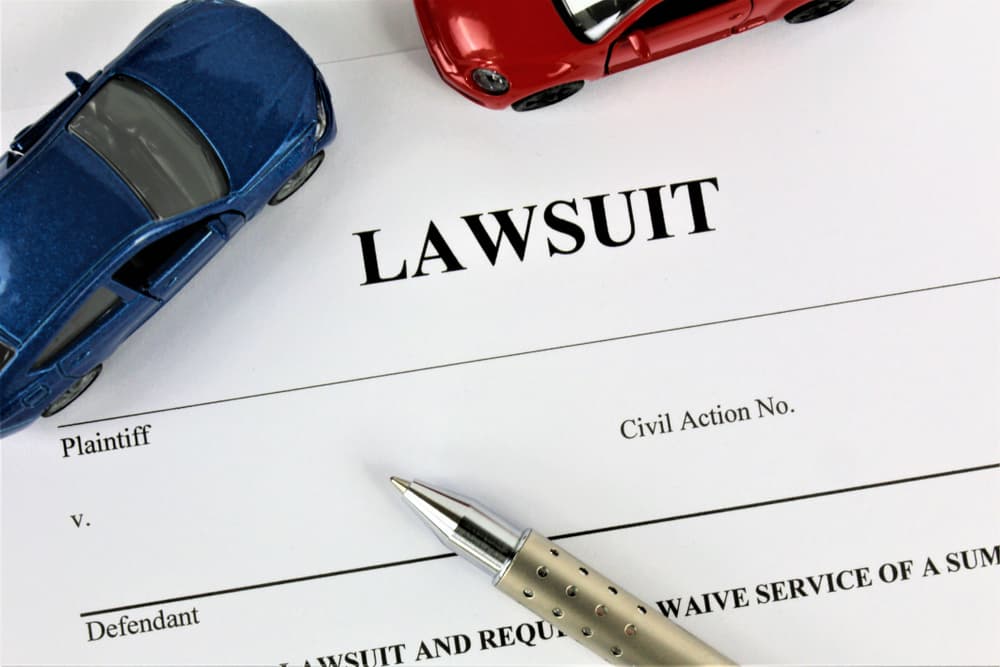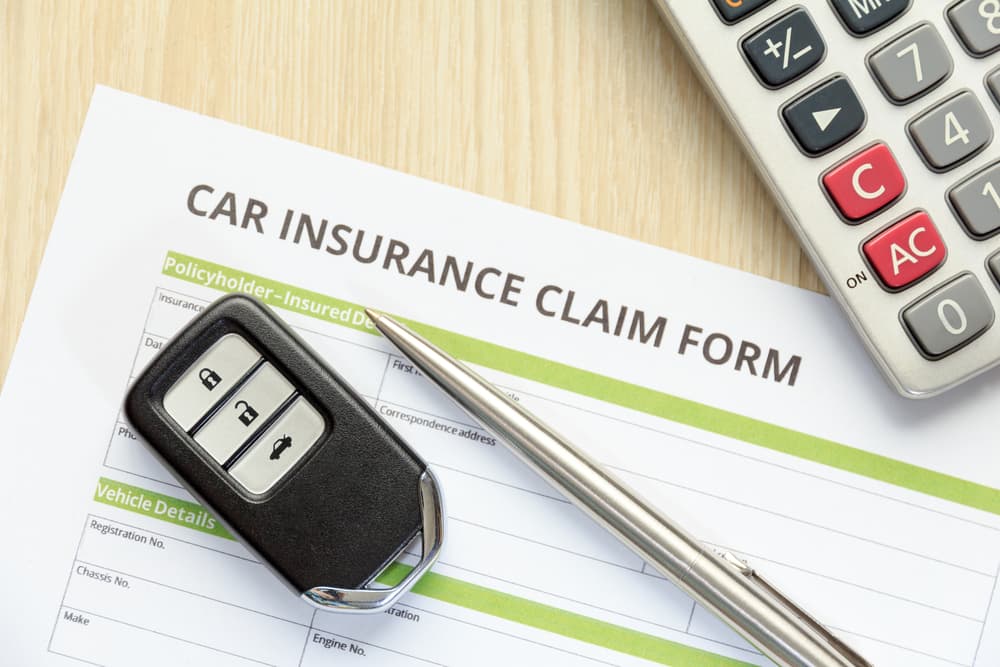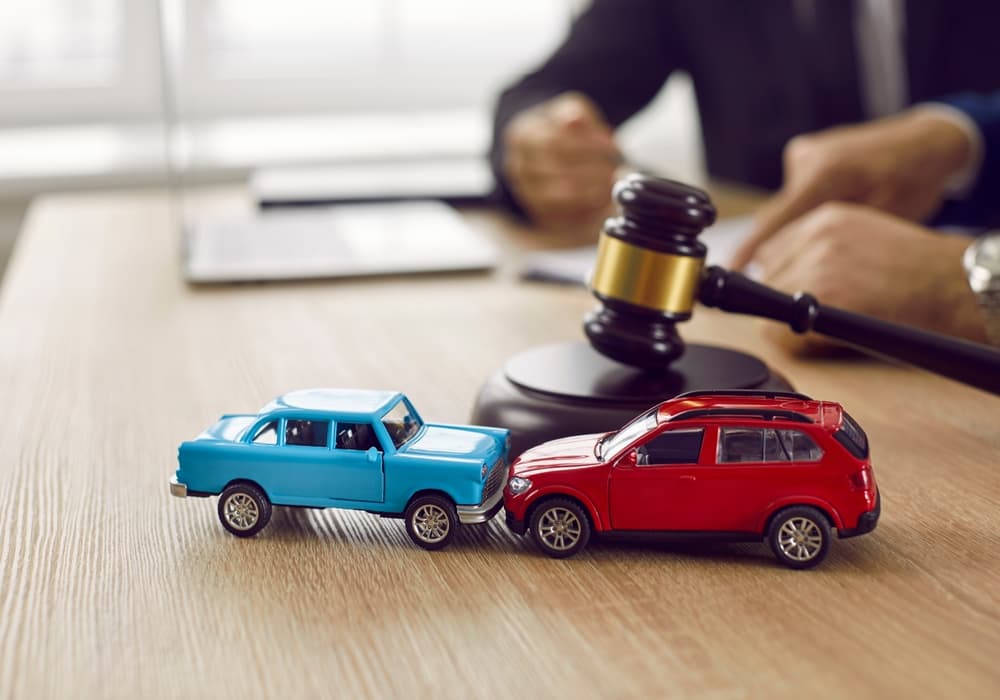
Your Quick Guide to Getting Paid After a Car Accident
A car crash disrupts your life in more ways than one. From injuries to property damage, there’s often a financial toll that can feel overwhelming. After a car wreck, you need to know your rights and the steps to securing compensation.
Whether you’re dealing with medical bills, lost wages, or emotional stress, this guide will walk you through how to get paid after a car accident.
Why Pursuing Compensation After a Car Accident Matters
After an auto collision, financial recovery is just as important as physical recovery. Accidents can lead to costly medical care, vehicle repairs, and time away from work.
When you work with a law firm to pursue compensation, you’re not left to shoulder these burdens alone. Many car accident victims mistakenly believe insurance will automatically cover all expenses, only to discover gaps in coverage.
Understanding your rights and the resources available to you is critical. With the right approach and the right legal support, you can secure the payment you need.
1. Get Medical Attention Immediately
The foundation of any personal injury claim starts with your health. Get medical
attention as soon as possible, even if you feel fine. Some injuries, like whiplash or internal trauma, may not show symptoms right away.
A documented visit to a hospital or doctor creates a clear medical record, which is important during the claims process.
Key Steps:
- Document Your Injuries: Keep records of diagnoses, treatments, prescriptions, and bills.
- Follow Medical Advice: Insurance companies may argue against your claim if you fail to follow up with recommended treatments.
Taking care of your health not only ensures your well-being but also helps your claim.
2. Gather Car Accident Scene Evidence
Evidence is the backbone of any car accident claim. If you or someone you know is able to collect evidence at the scene, it can help your chances of getting maximum compensation.
What to Collect at the Car Accident Scene:
- Photos and Videos: Take pictures of the damages on your vehicle, other vehicles involved, injuries, and the location of the accident.
- Contact Information: Exchange names, phone numbers, and insurance details with the other driver(s). If there are witnesses, ask for their contact information as well.
- Police Report: Always call law enforcement to document the accident. The police report will be a neutral account of what happened.
If circumstances prevent you from gathering this evidence, don’t worry—lawyers and insurance investigators can often step in to help reconstruct what happened using available resources.
3. File a Car Accident Insurance Claim

One of the first steps after an accident is notifying your insurance company. Even if the other driver is at fault, your insurer will often work on your behalf to recover compensation.
Ohio and Kentucky Insurance Laws
Ohio and Kentucky have distinct laws regarding car accidents:
- Ohio follows an at-fault system. This means the driver who caused the accident is responsible for paying for damages and injuries.
- Kentucky allows for no-fault claims. You’ll file a claim with your own insurance company regardless of who is at fault—unless your injuries exceed certain thresholds, allowing you to pursue a claim against the at-fault driver.
What to Include in Your Car Accident Claim:
- Accident details (date, location, and description)
- A copy of the police report
- Medical bills and records
- Proof of lost wages if applicable
- Photographs
- A list of disruptions in your life and actvities
4. Understand Full and Fair Compensation
Before settling any car accident claim, you need to understand all the damages you may be entitled to recover. Compensation typically falls into three categories:
Medical Expenses
Medical costs can pile up quickly. These include:
- Emergency room visits
- Surgery or treatment costs
- Physical therapy or rehabilitation
- Prescription expenses
Lost Wages
If your car accident injuries prevent you from working, you may be entitled to compensation for lost income. This can include not just missed paychecks but also diminished earning capacity if your injury impacts your ability to work in the future.
Property Damage
Repairing or replacing your vehicle can be costly. Be sure to include estimates and receipts for car repairs in your claim.
Pain and Suffering
Non-economic damages, such as pain, emotional distress, and loss of enjoyment of life, are also compensable. These can be challenging to calculate, but an experienced car accident lawyer can help you determine a fair amount.
5. Avoid Common Mistakes During the Process
Even if you’ve followed all the right steps, certain missteps can hurt your chances of getting paid after an accident. Avoid these common pitfalls:
- Admitting Fault: Never say “I’m sorry” or accept blame at the scene because it can be used against you later.
- Incomplete Documentation: Without complete medical records, bills, or evidence of missed work, it may be harder to prove the extent of your damages.
- Accepting a Quick Car Accident Settlement: Insurance companies often offer lowball settlements to close cases quickly. Talk to a car accident attorney before agreeing to any payout. You may be entitled to more than you realize.
6. Hire a Car Accident Lawyer

The legal and insurance systems can be daunting if you’re dealing with injuries or other stressors. A car accident attorney can guide you every step of the way.
How an Experienced Car Accident Lawyer Helps:
- Investigate the accident to establish fault
- Communicate with insurance companies on your behalf
- Calculate the full extent of your car accident damages
- Negotiate for a settlement or represents you at trial if needed
Many lawyers work on a contingency basis, meaning you won’t pay legal fees
unless they recover compensation for you. This setup makes hiring an auto
accident lawyer accessible for most accident victims.
7. Understanding Ohio and Kentucky Deadlines for Filing Claims
Every car accident claim is subject to a statute of limitations, which is the deadline for filing a lawsuit. If you miss this deadline, you may lose your right to recover compensation entirely.
- Ohio: You generally have two years from the date of the accident to file a personal injury lawsuit.
- Kentucky: The statute of limitations is also two years for most car accident claims (Ky. Rev. Stat. § 413.125), although it may vary if you are pursuing benefits through a no-fault insurance policy. Consortium claims are only one (1) year.
If you’re unsure about these timelines, talk to an auto accident attorney right away to avoid missing important deadlines.
8. Negotiating with Insurance Companies
Insurance companies often prioritize protecting their bottom line, which means they might offer less than what you’re really owed. Be prepared for pushback.
Insurance adjusters might argue that your injuries aren’t serious or that you’re partially responsible for the crash.
Tips for Successful Car Accident Negotiation:
- Be organized and present detailed documentation of all damages.
- Avoid providing recorded statements without talking to an attorney.
- Be cautious about settling too quickly. Some car accident injuries may take time to fully appear.
A knowledgeable car accident lawyer can assist in pushing back against unfair offers so no part of your compensation is overlooked.
9. Know When to Consider Filing a Car Accident Lawsuit
Sometimes, negotiations with insurance companies reach a deadlock. If the insurer refuses to offer a fair car accident settlement, filing a lawsuit may be your best option.
Most lawsuits don’t make it to trial; instead, they are often resolved through a process called mediation or settlement conferences. However, having an attorney with trial experience ensures you’re prepared for any outcome.
10. Take Action Today
The road to financial recovery after a car accident starts with taking action as soon as possible. From documenting injuries to understanding your rights, every step plays a role in how much compensation you receive.
The car accident lawyers at O'Connor, Acciani & Levy are here to help. With decades of experience advocating for car accident victims, we know how to secure the compensation you need. Contact us today for a free consultation to discuss your car accident case.
What to Do If Your Car Accident Claim Is Denied

Many denials can be challenged and overturned with the right approach. Here’s
what to do if your claim is denied:
1. Review the Denial Letter Carefully
Your insurance company must provide a written explanation for why they denied your car accident claim. Carefully read this letter to identify the specific reason(s) behind the denial.
2. Verify Your Policy Coverage
Double-check your auto insurance policy to confirm what it covers. Look for details about specific exclusions, limits, or requirements that might have affected your claim.
3. Gather Additional Evidence
A strong case can often outweigh an initial denial. If you believe your claim was unfairly rejected, gather more evidence to reinforce your side. This might include:
- Updated medical records or doctor’s testimony documenting your injuries and treatments
- Witness statements that clarify fault or events surrounding the accident
- Additional damage estimates for repairs or property losses
- Photos or videos of the accident scene indicating the severity of the incident
4. File an Appeal
If discussions with the adjuster don’t lead to a resolution, consider filing a formal
appeal with your insurance company. Be sure to follow their appeal process, which
is usually outlined in the denial letter or the policy documents.
5. Talk to a Car Accident Lawyer
When claims are denied, especially for complex cases, a car accident lawyer can be invaluable. Lawyers can:
- Identify flaws in the insurer’s reasoning
- Negotiate with the insurance company
- Take legal action if necessary
Denials happen, but they don’t mean you’re out of options. By staying organized, gathering strong evidence, and seeking assistance if needed, you can still fight for the compensation you deserve.
FAQs About Getting Paid After a Car Accident
To help you, here are answers to some commonly asked questions about getting paid after a car accident.
How long does it take to get paid after a car accident?
The time it takes to get paid varies depending on your case. If your claim is straightforward and liability is clear, it could be resolved in a matter of weeks or months. However, if there are disputes about fault, extensive injuries, or negotiations with insurance companies, the process could take longer.
Having a car accident lawyer on your side can help speed up the process by confirming your paperwork is complete, deadlines are met, and negotiations are handled efficiently.
What if the other driver doesn’t have insurance?
If the other driver doesn't have insurance, you still have options. Uninsured motorist coverage, which many auto insurance policies include, can help cover your damages.
If you don’t have this coverage, you may need to file a lawsuit directly against the at-fault driver to recover compensation.
Can I still get car accident compensation if I was partially at fault?
Yes, but how much you can recover depends on the laws of the state where the accident happened:
- Ohio follows a modified comparative negligence rule (Ohio Rev. Code § 2315.33). You can recover compensation, but your payment will be reduced by your percentage of fault.
- Kentucky follows a pure comparative negligence rule (Ky. Rev. Stat. § 411.182). You can recover damages regardless of your percentage of fault, but your compensation will be reduced by your share of the blame.
An experienced attorney from our law firm can help you minimize any fault attributed to you and maximize your compensation as much as possible.
Do I need a lawyer to get paid after a car accident?
You need a lawyer after a car accident because they can negotiate with insurance companies, gather evidence, and make sure you aren’t undercompensated.
When should I expect the insurance company to respond?
After you file your claim, most insurance companies respond within 30 days. However, this initial communication doesn’t mean you’ll receive payment right away. They may require further investigation or negotiation before settling.
Can pain and suffering be part of my compensation?
Yes, you can seek non-economic damages like pain and suffering, emotional distress, and loss of enjoyment of life. These are subjective and harder to calculate but can add significant value to your claim. Your attorney can help determine a fair amount for these damages.
This FAQ section is designed to help clarify your rights and options following a car accident, empowering you to take the next steps with confidence.
If you have additional questions, contact an experienced car accident attorney at O'Connor, Acciani & Levy today. Your call may be worth money.